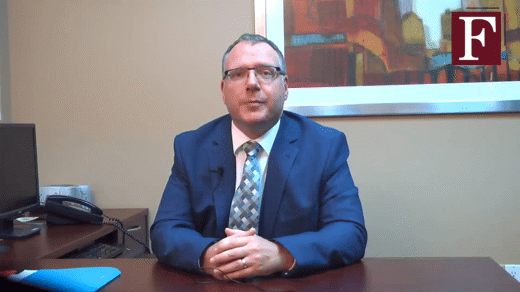Hello, my name is Daphna Schwartz and I am a lawyer at Feldstein Family Law Group. Today I am going to talk to you about the process called “Collaborative Family Law,” and whether or not Collaborative Family Law is the right process for you.
Before getting into these details, I will briefly review what is Collaborative Family Law, or CFL. CFL is a process that requires both parties to retain their own lawyers, who then work as a team with the parties to bring about a client-driven resolution of their family law issues. That said, your lawyer still represents only you, and therefore solicitor-client privilege will apply to your discussions with your lawyer.
This process requires the parties to sign a Participation Agreement, in which they commit to the CFL process and agree not to proceed to Court unless the process breaks down. At that point, each party would need to retain a new lawyer. The parties and their lawyers hold a series of meetings until a mutually agreeable and, often, highly individualized resolution is reached. If a resolution is reached, the terms of a settlement will be incorporated into a comprehensive, legally binding, Separation Agreement.
So, your first question will likely be; “Is CFL the right process for me?” CFL is ideal for parties who can speak civilly to one another, and behave in a business-like manner. This certainly does not mean that you and your spouse need to be best friends, or on excellent terms, but requires each of you to have the ability to respect one another enough to sit across the table and negotiate. CFL is also a good option for parties who want to maintain some relationship (as they will need to co-parent) with their former spouse or partner once the Separation Agreement is complete, as the process does preserve and promote such relationships. CFL allows and encourages parties and their lawyers to arrive at creative resolutions, which can be in accordance with what the law would otherwise tell us, but can be outside of this model if it would be better for the parties and families.
Also, if you are going to enter into a CFL process, you need to be prepared that full and frank financial disclosure is required. That is, you absolutely must provide financial documents to show your income, the value of your assets, and amount of your liabilities. The lawyers cannot assist the parties in coming to a resolution without this information and, similarly, you cannot assess whether or not you are willing to agree to a proposal from your former spouse if you do not know the information upon which it is predicated. This piece is so important that it is often included in the Participation Agreement as its own section. Being forthcoming with financial information and documentation is therefore essential to a CFL process or any family law process.
In contrast, CFL does not work in a situation where there has been abuse or a power imbalance during the marriage or after its breakdown. As the CFL process requires mutual respect and trust, as well as productive and positive communication, circumstances like these will not work. CFL requires equality of bargaining power, so that one spouse cannot simply railroad the other into a resolution based on the fear of retribution or abuse.
If you are not sure if CFL is an option for you, select a lawyer who is able to represent you in a CFL process, and discuss the possibility with them. The lawyer will provide you with more information about the process, and can discuss whether it is right for you and your family.
As I mentioned, both you and your spouse will need your own lawyer to represent you in a CFL negotiation, and they must be from different law firms as well. Because CFL is a separate process from litigation or other types of negotiation, lawyers must have special training in order to represent you in the CFL process. Many of our lawyers at Feldstein Family Law Group have this training, and we have CFL lawyers available at varying levels of experience and cost.
Thank you for taking the time to watch this video. Please visit our website for further information about family law issues, or call us at 905-581-7222 for an initial consultation.



